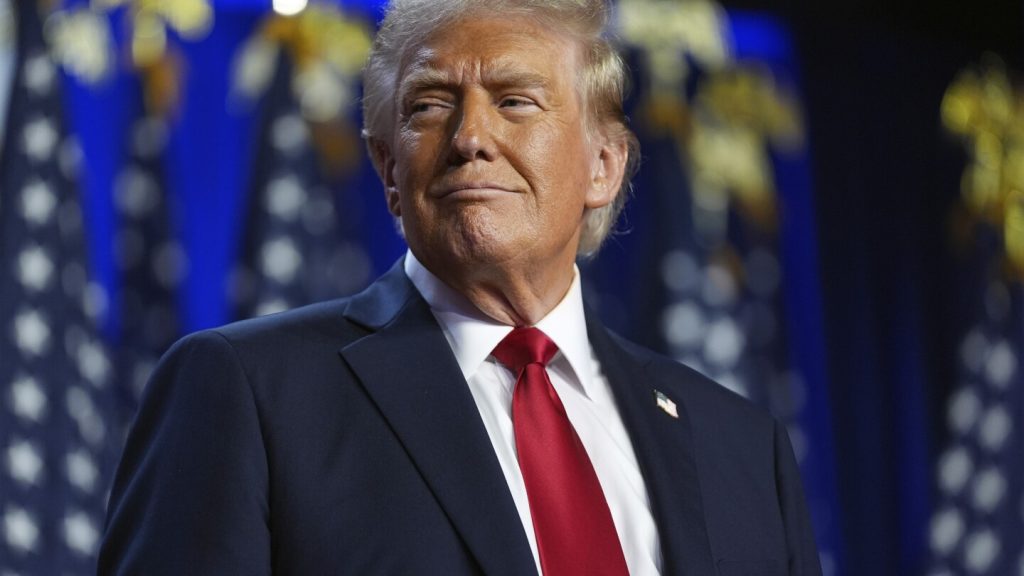President-elect Donald Trump is making significant changes to his administration for his second term, focusing on loyalists for key positions. His choices include notable figures such as Florida Sen. Marco Rubio as Secretary of State, Congressman Matt Gaetz as Attorney General, and former Hawaii Rep. Tulsi Gabbard as Director of National Intelligence. These selections reflect Trump’s preference for individuals who have demonstrated loyalty to him, rather than experience in the specific roles they are being appointed to.
Rubio, once critical of Trump, has now become a strong ally, supporting Trump’s policies and proposals. Gaetz, a loyal supporter of the former president, has been nominated for the crucial role of Attorney General. Gabbard, a former Democrat who endorsed Trump, is set to become Director of National Intelligence, despite concerns about her lack of experience in the field. These choices show Trump’s commitment to reshaping the federal government according to his own priorities.
Other key appointments include Pete Hegseth as Defense Secretary, Kristi Noem as Homeland Security Secretary, and John Ratcliffe as CIA Director. These individuals have varying backgrounds, with some lacking traditional qualifications for their roles but demonstrating loyalty to Trump. The appointments of Robert F. Kennedy Jr. as Health and Human Services Secretary, Doug Collins as Veterans Affairs Secretary, and Doug Burgum as Interior Secretary also reflect Trump’s focus on selecting individuals who align with his agenda.
The White House staff appointments include individuals like Susie Wiles as Chief of Staff, Mike Waltz as National Security Adviser, and Tom Homan as Border Czar. These individuals have backgrounds in politics, defense, and immigration enforcement, reflecting Trump’s priorities for his administration. Other appointees include Stephen Miller as Deputy Chief of Staff for Policy, Dan Scavino as Deputy Chief of Staff, and James Blair as Deputy Chief of Staff for Legislative, Political, and Public Affairs.
In addition to key staff appointments, Trump has nominated individuals for ambassadorial positions, such as Steven Witkoff as Special Envoy to the Middle East, Mike Huckabee as Ambassador to Israel, and Elise Stefanik as Ambassador to the United Nations. These selections align with Trump’s foreign policy goals and his commitment to supporting allies like Israel. Overall, Trump’s second administration is shaping up to be a reflection of his priorities and loyalty to those who have supported him.
While some of Trump’s appointments have faced criticism for their lack of traditional qualifications or controversial past actions, the president-elect remains focused on building an administration that aligns with his vision for America. The confirmation process for these appointees is expected to be contentious, with some facing difficult battles despite Republican control of the Senate. As Trump finalizes his second-term cabinet, the impact of these appointments on the future of the federal government remains to be seen.


